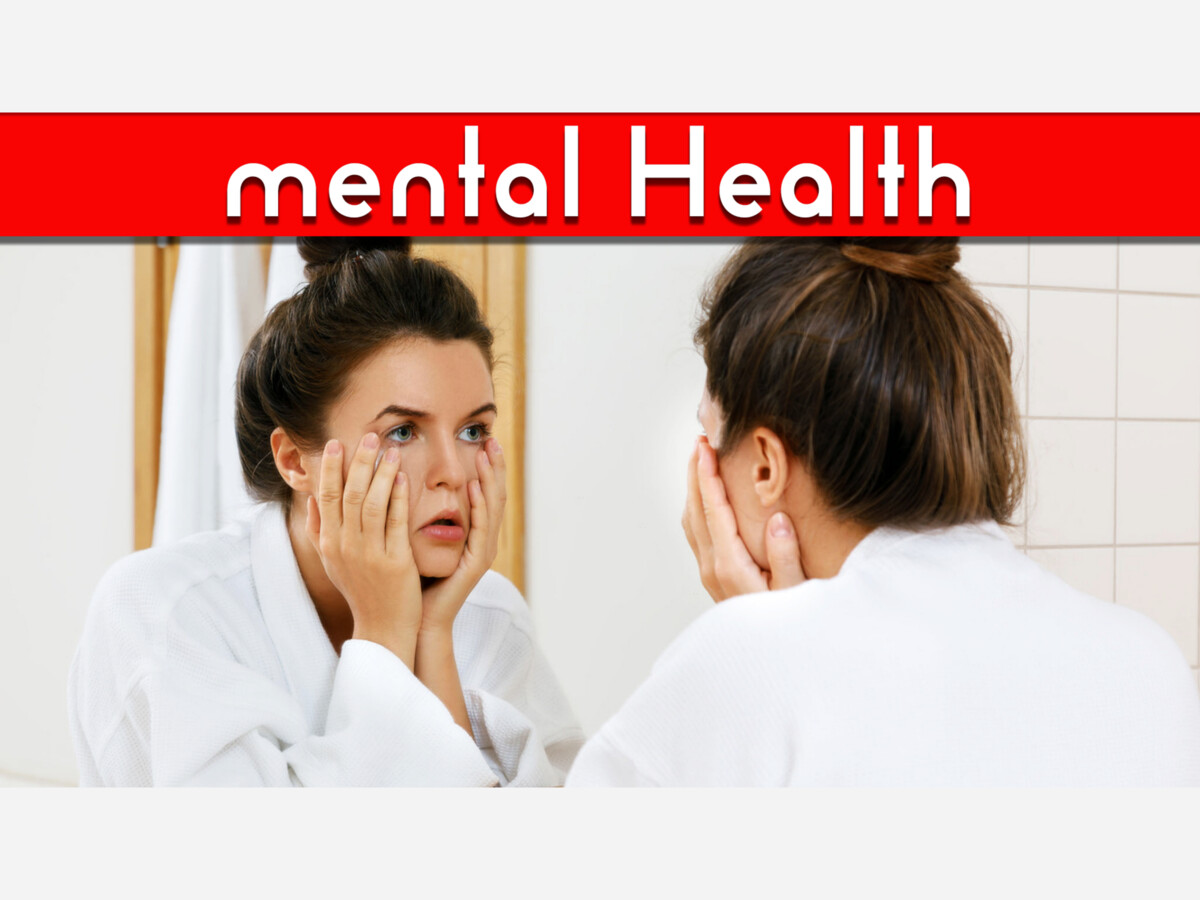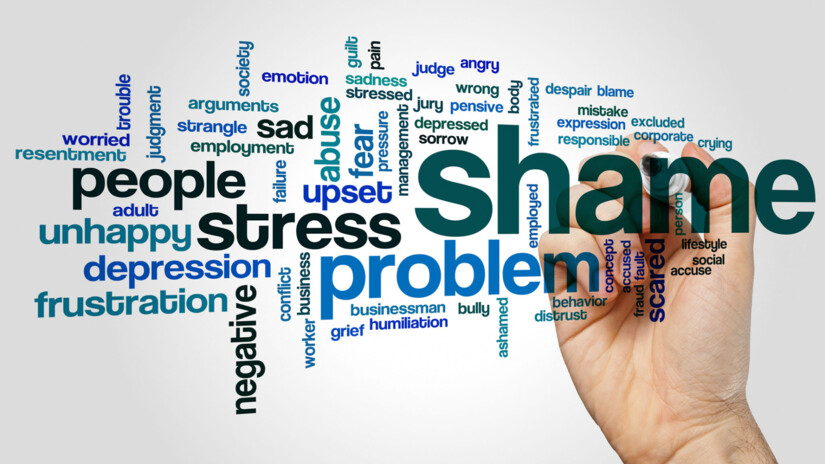Image

Mental Health
The key point: Body Dysmorphic Disorder (BDD) is where an individual struggles with constant and repetitive negative thoughts and behaviors that are connected to their appearance. The person constantly feels like they're ugly, worthless, or disfigured.
You should know, BDD affects men and women equally. Also, people who struggle with BDD, unfortunately, have a much higher rate of depression and suicidality.
Looking to improve your health?
Know this: "People who struggle with BDD often find issues with their noses, skin, a lack of muscles, and their height. This concern about their appearance becomes all-encompassing and harms their daily quality of life. When I see a patient who is struggling with BDD, I work with them to ensure that they understand that they're creating a false reality about their appearance. We often use Cognitive Behavioral Therapy (CBT). For some patients, they would also need antidepressants to better manage their BDD." Dr. Puja Uppal, Family Medicine.
Next Steps: Living in Michigan, it's important for you to understand that BDD is a mental health condition. Struggling with body dysmorphic disorder doesn't mean that you're egotistical or vain.
The Body Dysmorphic Disorder Foundation has a questionnaire that you can fill out and take to your doctor. (Take the Questionnaire Here)
Did you know that more than 7 million people struggle with BDD? You're not alone. Talk to your healthcare team.

What they're saying:
"It's possible that BDD may be even more common... because people with this disorder are often reluctant to reveal their BDD symptoms to others." Dr. Katharine Phillips, Psychiatry.
"The term Body Dysmorphic Disorder (BDD) describes a disabling preoccupation with perceived defects or flaws in appearance. It can affect all genders, and makes sufferers excessively self-conscious." BD Foundation
Source:
The Journal Behaviour Research and Therapy published a comprehensive study: Mechanisms of cognitive behavioral therapy vs. supportive psychotherapy in body dysmorphic disorder: An exploratory mediation analysis (Read it Here)
Body Dysmorphic Disorder Stats: (AMF)
Body dysmorphic disorder is slightly more common among women (2.5%) than among men (2.2%).
Among adults who have body dysmorphic disorder, 80% report having thoughts of suicide, and 44% have attempted to end their own lives.
19.9% of Wayne County adults have some form of depression.
The Health Standard Newswire